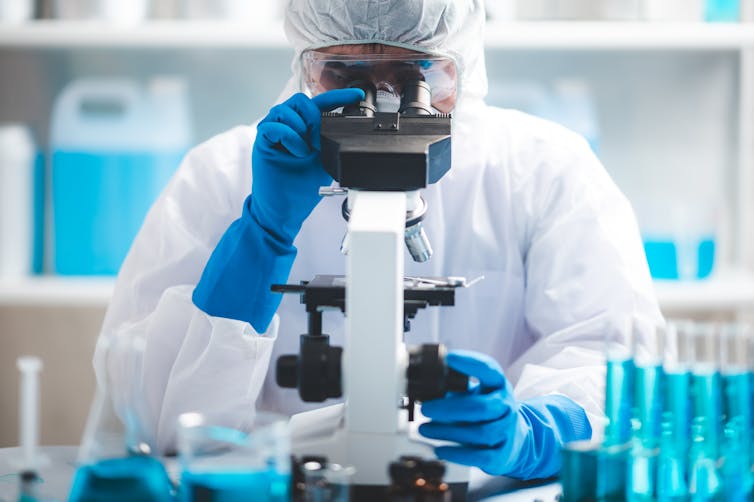Curious Kids is a series for children of all ages. If you have a question you’d like an expert to answer, send it to curiouskidsus@theconversation.com.
2024 'increasingly likely' to be warmest on record: EU monitor
It is "increasingly likely" 2024 will be the hottest year on record, despite July ending a 13-month streak of monthly temperature records, the EU's climate monitor said Thursday.
The Copernicus Climate Change Service (C3S) said last month was the second warmest on record books going back to 1940, only slightly cooler than July 2023.
Between June 2023 and June 2024, each month eclipsed its own temperature record for the time of year.
"The streak of record-breaking months has come to an end, but only by a whisker," said Samantha Burgess, deputy director of C3S.
Last month the global average temperature was 16.91 degrees Celsius, only 0.04C below July 2023, according to C3S's monthly bulletin.
But "the overall context hasn't changed, our climate continues to warm," said Burgess.
"The devastating effects of climate change started well before 2023 and will continue until global greenhouse gas emissions reach net zero," she said.
From January to July global temperatures were 0.70C above the 1991-2020 average.
This anomaly would need to drop significantly over the rest of this year for 2024 not to be hotter than 2023 -- "making it increasingly likely that 2024 is going to be the warmest year on record", said C3S.
- 'Too hot to handle' -
July 2024 was 1.48C warmer than the estimated average temperatures for the month during the period 1850-1900, before the world started to rapidly burn fossil fuels.
This has translated into punishing heat for hundreds of millions of people.
The Earth experienced its two hottest days on record with global average temperatures at a virtual tie on July 22 and 23 reaching 17.6C, C3S said.
The Mediterranean was gripped by a heatwave scientists said would have been "virtually impossible" without global warming as China and Japan sweated through their hottest July on record.
Record-breaking rainfall pummelled Pakistan, wildfires ravaged western US states and Hurricane Beryl left a trail of destruction as it swept from the Caribbean to the southeast of the United States.
"The end of record-breaking monthly temperatures is not cause for celebration," said Friederike Otto, a climate scientist at London's Imperial College.
Otto described the heat-related deaths of 21 people in a single day in Morocco in July as "a shocking illustration of just how deadly extreme heat can be".
“To stop climate change, we need to stop burning fossil fuels, stop deforestation and replace them with renewable energy. We have all the technology and know-how to do that... We just lack the political will," she said.
Temperatures for the oceans, which absorb 90 percent of the excess heat caused by human activities, were also the second warmest on record for the month of July.
Average sea surface temperatures were 20.88C last month, only 0.01C below July 2023.
This marked the end of a 15-month period of tumbling heat records for the oceans.
However, scientists at C3S noted that "air temperatures over the ocean remained unusually high over many regions" despite a swing from the El Nino weather pattern that helped fuel a spike in global temperatures to its opposite La Nina, which has a cooling effect.
On Wednesday, World Meteorological Organization Secretary-General Celeste Saulo reflected on a year of "widespread, intense and extended heatwaves".
"This is becoming too hot to handle," she said.








